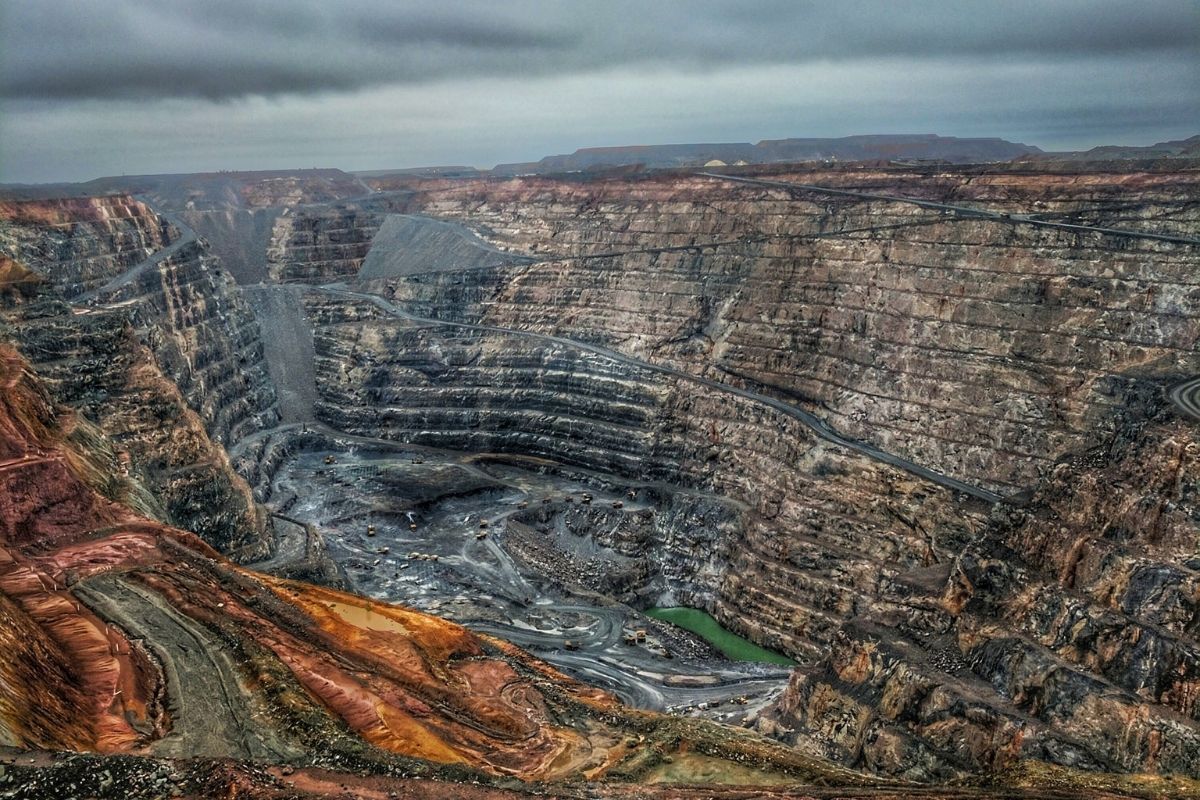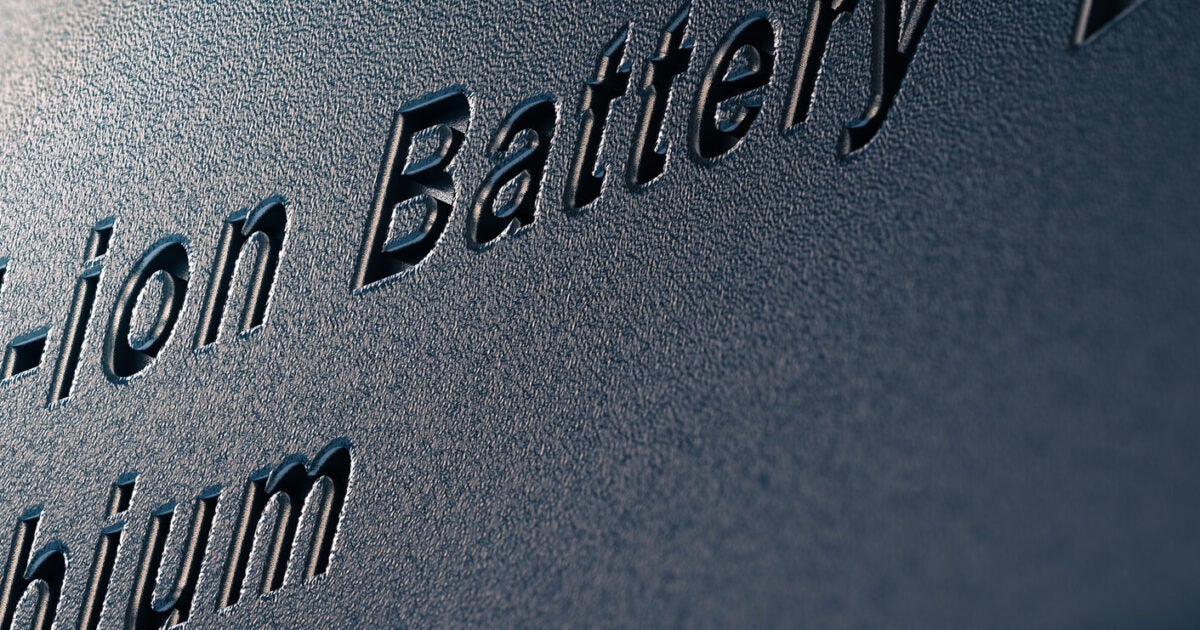Baron
Platinum Member
Guess who will be the biggest buyer of Russian (former Ukrainian) Lithium.
Chinese of course which makes his products with lithium batteries more cheaper and competitive.
No chance for Europe.
Lithium deposits in Ukraine

 www.renewablematter.eu
www.renewablematter.eu

 kleinmanenergy.upenn.edu
kleinmanenergy.upenn.edu

Chinese of course which makes his products with lithium batteries more cheaper and competitive.
No chance for Europe.
Lithium deposits in Ukraine
“This may not be the main reason for the invasion, but undoubtedly Ukraine's mineral wealth is one of the reasons why this country is so important to Russia,” said Rod Schoonover, former director of the Environment and Natural Resources Section of the U.S. National Intelligence Council.
A wealth confirmed by the fact that Ukrainian lithium had begun to attract global attention as early as last year, before the Russian invasion halted exploration. Last November, in fact, the Australian company European Lithium said it was close to securing the rights to two promising deposits of lithium in the region of Donetsk (eastern Ukraine) and Kirovograd, in the center of the country. In the same month, the Chinese company Chengxin Lithium has also asked for the rights on some deposits, a move that would allow China to win the first deposit in Europe.
“Since there are no developed deposits, I highly doubt that lithium resources are the motivation for attacks in the Southeast,” Schoonover tells Renewable Matter. “But if this region falls under Russian control, lithium reserves would certainly be a co-benefit for the Kremlin. Certainly the rest of the world would have a say. It would not import lithium from a pariah state (a nation that is not recognized by the governments of other countries due to human rights violations), especially when there are better alternatives in geopolitically more favorable countries.”

Ukraine: all lithium reserves and mineral resources in war zones
In the ancient rocks of Ukraine are hidden lithium deposits with great potential. Findings that have been identified mainly around the area of Mariupol, the port city of Donbass torn apart by Russian bombing
According to preliminary estimates, researchers believe that Ukraine is a treasure trove of lithium, holding about 500,000 tons of the “non-renewable mineral that makes renewable energy possible.” Lithium has become virtually irreplaceable in electric vehicle (EV) batteries because of its efficient energy storage per unit of weight. Skyrocketing global demand growth for lithium is estimated to range from 400% to 4,000% in coming years. Demand will outpace supply and, without more investment in mining capacity, costs could become prohibitive to EV adoption. Elon Musk’s dream of lowering prices to attract new customers was already crushed when Tesla announced a price hike of over $2,370 for its Model Y vehicle soon after the crisis began.
Lithium is critical to a successful clean energy future. Losing access to one of the largest potential sources of lithium oxide in the world has raised concerns about the world’s ability to bridge the gap in supply. What we need now is a greater focus on domestic lithium extraction, especially as countries realize the immense risk of internationalized global energy supplies. But in the United States, for example, lithium mining is an extremely contentious topic. Ironically, traditional lithium extraction causes substantial damage to the environment, contaminating local groundwater and potentially killing threatened species.

Lithium: The Link Between the Ukraine War and the Clean Energy Transition
Energy policy research from the University of Pennsylvania

